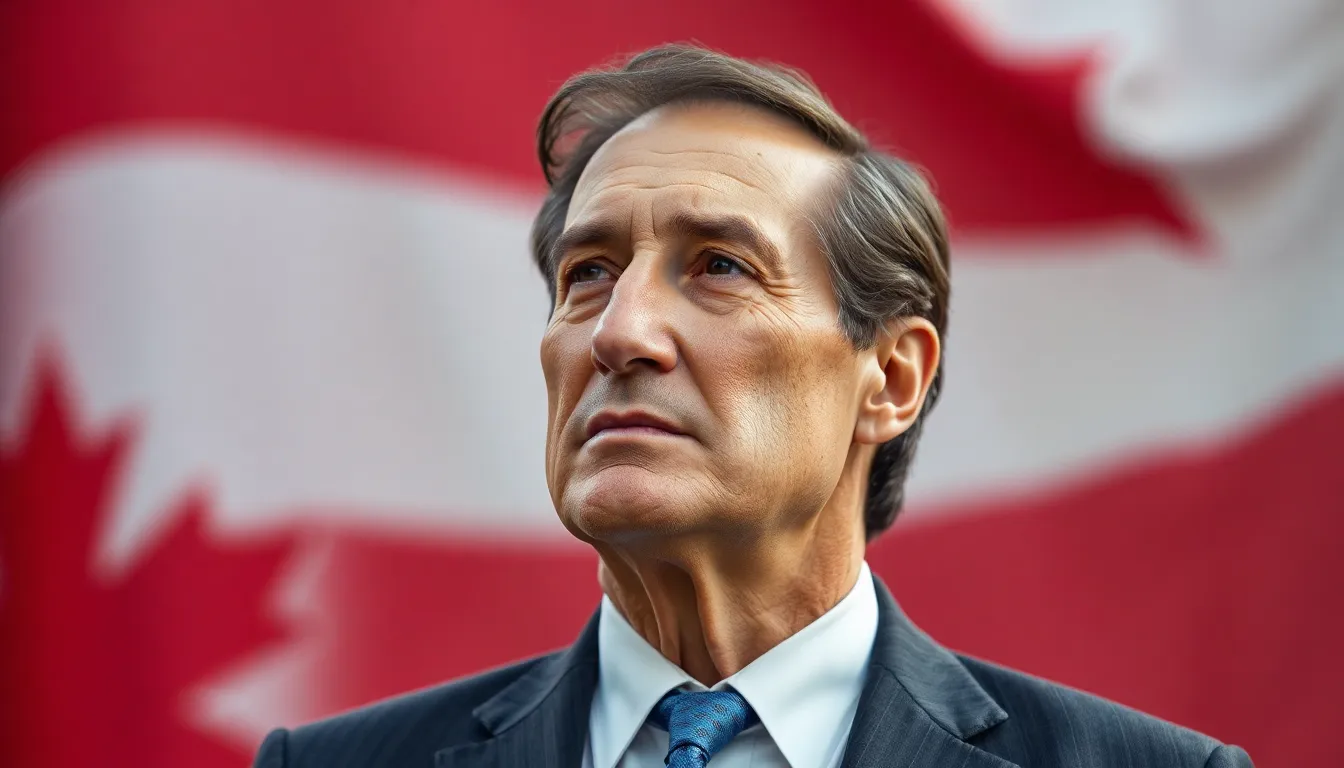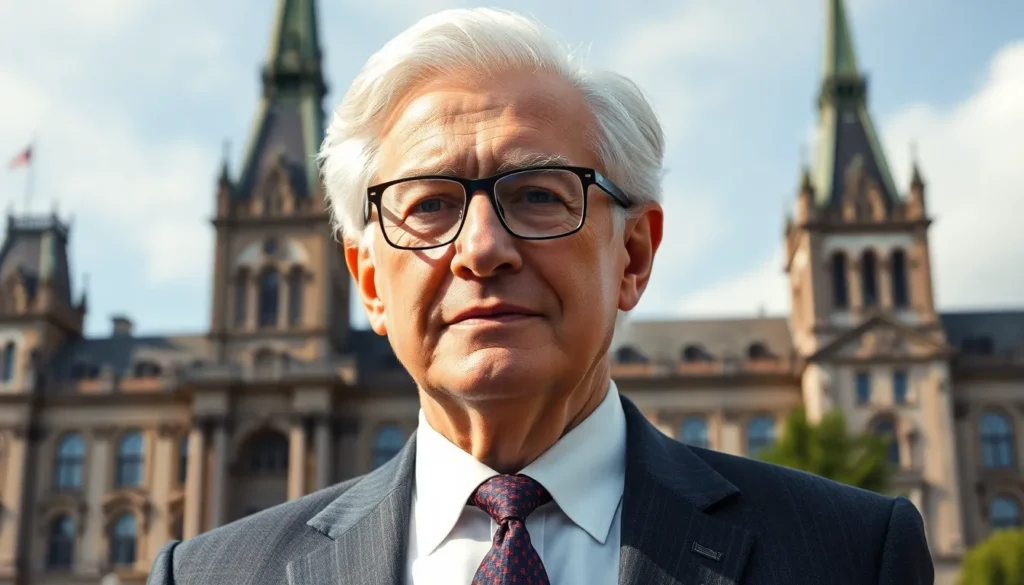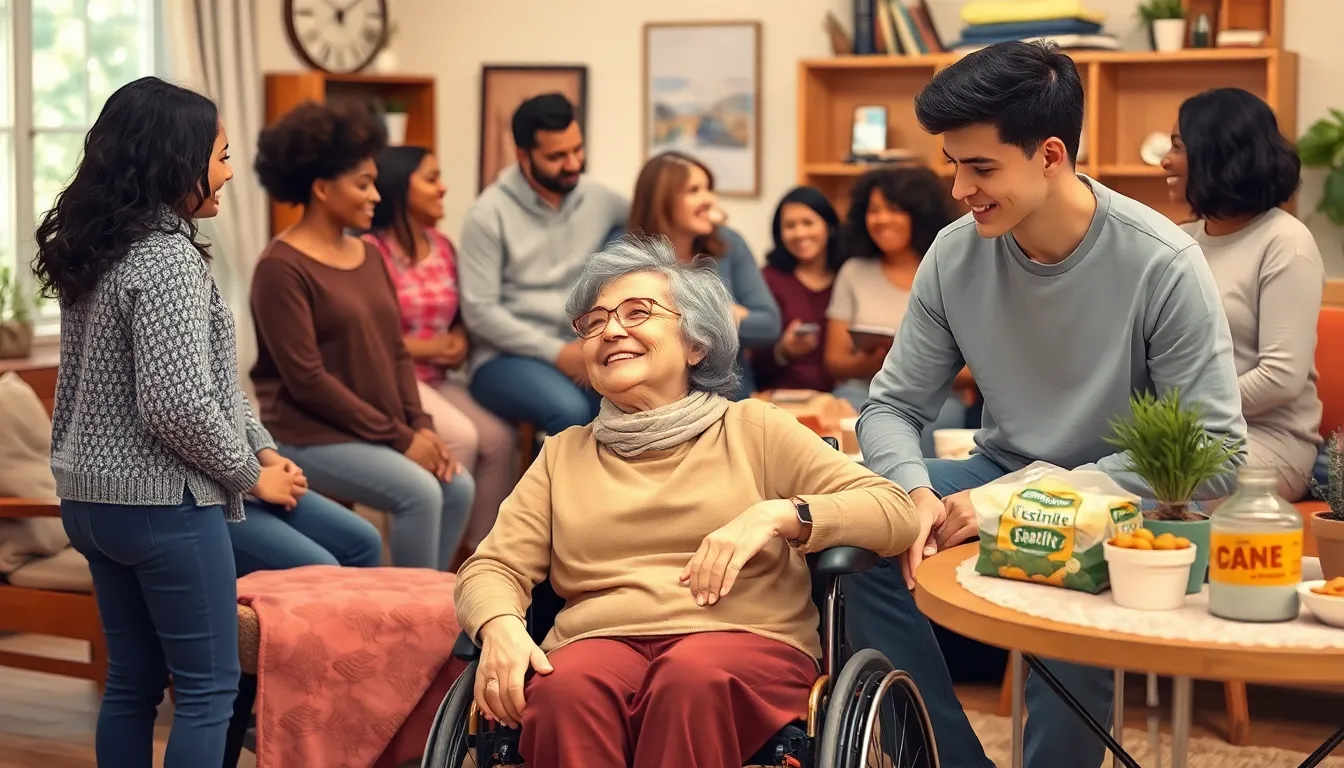Table of Contents
ToggleJustin Trudeau, the current Prime Minister of Canada, often finds himself in the spotlight, but behind his political journey lies a legacy shaped by his father. Pierre Elliott Trudeau, a charismatic and influential figure, served as Prime Minister from 1968 to 1979 and again from 1980 to 1984. Known for his progressive policies and dynamic personality, Pierre left an indelible mark on Canadian politics and society.
As Justin navigates his own path in leadership, understanding Pierre’s impact and ideology sheds light on the values that influence his son’s decisions. From championing multiculturalism to advocating for civil rights, Pierre Trudeau‘s legacy continues to resonate, making the exploration of his life and contributions essential for anyone interested in Canadian history and politics.
Overview Of Justin Trudeau
Justin Trudeau serves as the 23rd Prime Minister of Canada. He assumed office on November 4, 2015, leading the Liberal Party. Trudeau’s political journey includes a focus on progressive values, such as diversity, equality, and environmental stewardship.
Trudeau grew up in a politically active family, heavily influenced by his father, Pierre Trudeau. Pierre’s legacy shapes Justin’s approach to governance. Justin emphasizes inclusivity and advocacy for marginalized groups, reflecting his father’s commitment to multiculturalism.
Educated at McGill University and the University of British Columbia, Justin Trudeau holds a degree in literature and education. His career prior to politics included teaching and public service. Trudeau is known for his engaging communication style and ability to connect with Canadians on various issues.
Significant policies during his tenure include increasing the Canada Child Benefit, overhauling the tax code for middle-class families, and prioritizing climate change initiatives. Trudeau’s leadership has also faced challenges, including criticisms over ethics and governance, which continue to spark public debate.
Trudeau’s personal life includes a passion for outdoor activities and a focus on family, often highlighting his role as a father. Understanding Justin Trudeau’s background and values provides insight into his leadership and the ongoing impact of his father’s legacy on contemporary Canadian politics.
Background Of Justin Trudeau’s Father

Pierre Elliott Trudeau, born on October 18, 1919, was a prominent figure in Canadian history and politics. His early life and education shaped his views and later public service, leaving a lasting impact on the nation.
Early Life And Education
Pierre Trudeau grew up in a wealthy family in Montreal, Quebec. He attended the prestigious Collège Jean-de-Brébeuf and later pursued higher education at the Université de Montréal. He earned a Bachelor of Arts degree in 1940, followed by studies at Harvard University, where he focused on political science and sociology. During World War II, he served in the Royal Canadian Air Force. After the war, he completed a law degree at the Université de Montréal, further refining his intellect and critical thinking.
Political Career
Pierre Trudeau’s political career began when he was elected to the House of Commons in 1965 as a member of the Liberal Party. His charismatic leadership and vision for Canada quickly elevated him to key positions within the party. Trudeau became Prime Minister in 1968 and served until 1979, and then again from 1980 to 1984. His tenure was marked by groundbreaking policies, such as the introduction of the Official Languages Act and the patriation of the Canadian Constitution, which included the Canadian Charter of Rights and Freedoms. Trudeau’s progressive stances on multiculturalism and civil rights defined his leadership, laying the groundwork for future generations, including his son, Justin Trudeau.
Influence On Justin Trudeau
Influenced by his father’s legacy, Justin Trudeau embodies progressive values in his political career. Pierre Elliott Trudeau’s principles continue to resonate in Justin’s leadership approach.
Family Values And Legacy
Family values play a crucial role in shaping Justin Trudeau’s identity. Pierre emphasized the importance of family and community, which Justin reflects in policies aimed at strengthening social support systems. For instance, the Canada Child Benefit demonstrates Justin’s commitment to enhancing the well-being of families. Deep-rooted in the belief that a strong family unit leads to a healthier society, Justin champions initiatives promoting inclusivity and support for diverse family structures.
Political Ideologies
Justin Trudeau adopts many political ideologies from Pierre, particularly regarding multiculturalism and social justice. Pierre’s vision of a just and equitable society influences Justin’s governance framework. Justin promotes diversity, equality, and environmental responsibility, aligning with Pierre’s dedication to progressive reforms. Policies supporting Indigenous rights, gender equality, and immigration reform underscore this ideological continuity. By integrating these principles into modern governance, Justin maintains his father’s legacy while addressing contemporary challenges.
Public Perception And Criticism
Public perception of Justin Trudeau is shaped by his father’s legacy, which influences both praise and criticism. The interplay between their political dynamics often invites scrutiny and debate.
Media Portrayal
Media portrayal of Justin Trudeau tends to fluctuate between admiration and criticism. Outlets often highlight his progressive policies and charismatic leadership while simultaneously questioning his governance effectiveness. For example, coverage during key events, such as the climate change summit, showcases his commitment to environmental issues. Conversely, controversies like the SNC-Lavalin affair receive extensive media attention, leading to critical narratives about accountability. The media plays a pivotal role in framing public perception, creating a complex image that reflects both the positive and negative aspects of his leadership.
Comparisons To Other Political Figures
Comparisons to other political figures abound in discussions about Justin Trudeau. Notably, parallels are drawn between him and his father, Pierre Trudeau, as both advocate for multiculturalism and social justice. Additionally, comparisons with contemporary leaders like Jacinda Ardern of New Zealand highlight similarities in their progressive agendas and emphatic public speaking styles. Critics, however, often place him alongside leaders whose policies starkly contrast his liberal values, such as former U.S. President Donald Trump. These comparisons underscore the diverse viewpoints surrounding his leadership and decisions, reinforcing the significance of context in evaluating his political journey.
Pierre Elliott Trudeau’s legacy continues to resonate through his son Justin’s leadership. The values instilled by Pierre have shaped Justin’s approach to governance and his commitment to progressive policies. As Justin navigates the complexities of modern politics, the influence of his father’s principles on multiculturalism and social justice remains evident.
Understanding the familial connection between Pierre and Justin offers valuable insights into the current political landscape in Canada. The interplay of their legacies highlights the ongoing evolution of Canadian values and the challenges that come with them. As Justin Trudeau forges his own path, the impact of his father’s vision will likely continue to play a significant role in shaping the future of the nation.



